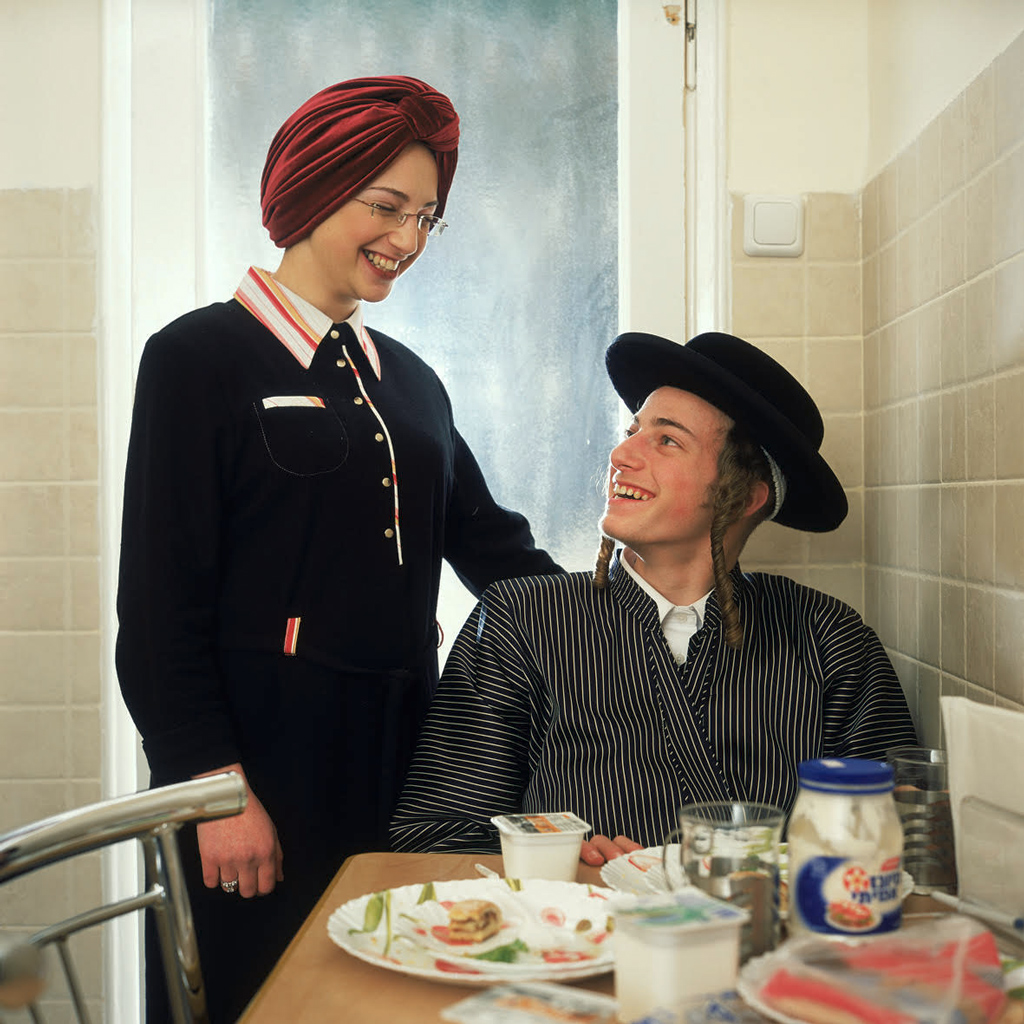
SOMETHING IN THE HAIR
2 min. de lecture

2 min. de lecture
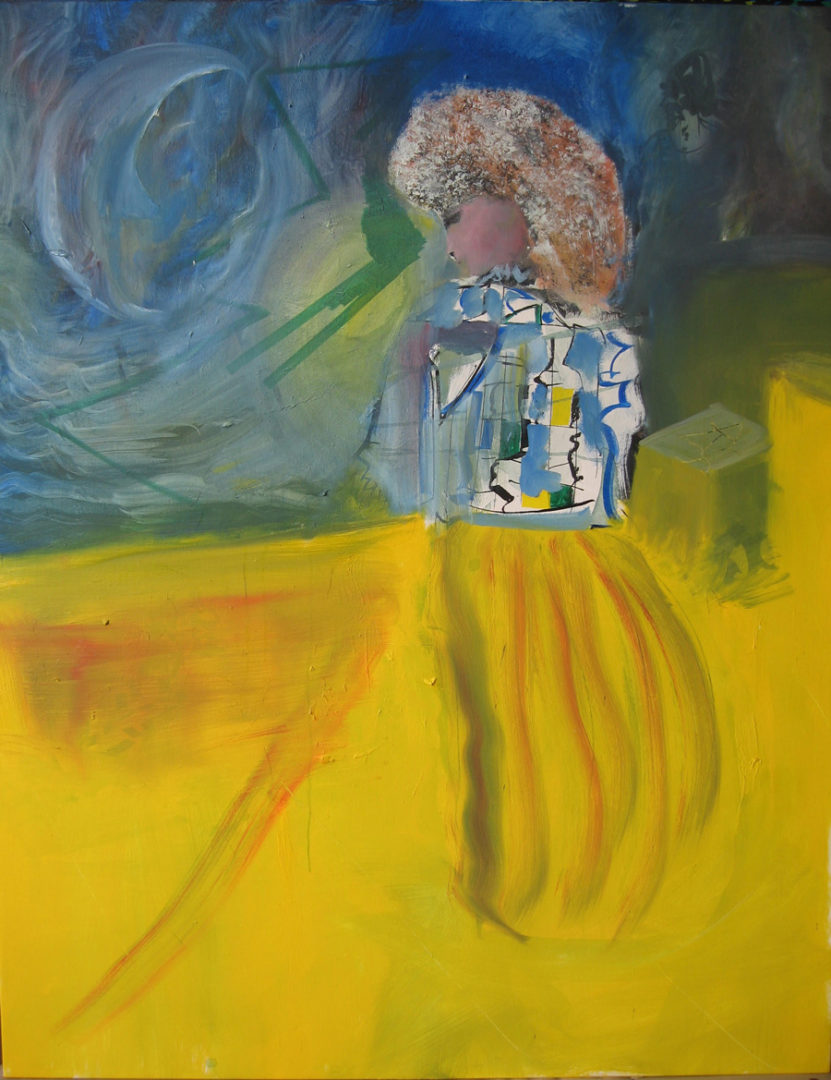
In Judaism and in every other tradition, hair is an object which is codified, framed, ritualized: an object of significance. And as is often the case, although male pilosity may figure into our discussions, it is matters of female hair that seem to draw all our attention.
5 min. de lecture
From Esau to Samson and Tamar, our tradition features several characters known for their hairy, unshorn, shaggy qualities. The Torah rarely offers physical descriptions, and calling attention to someone’s hair aims to show us something larger and more essential.
3 min. de lecture
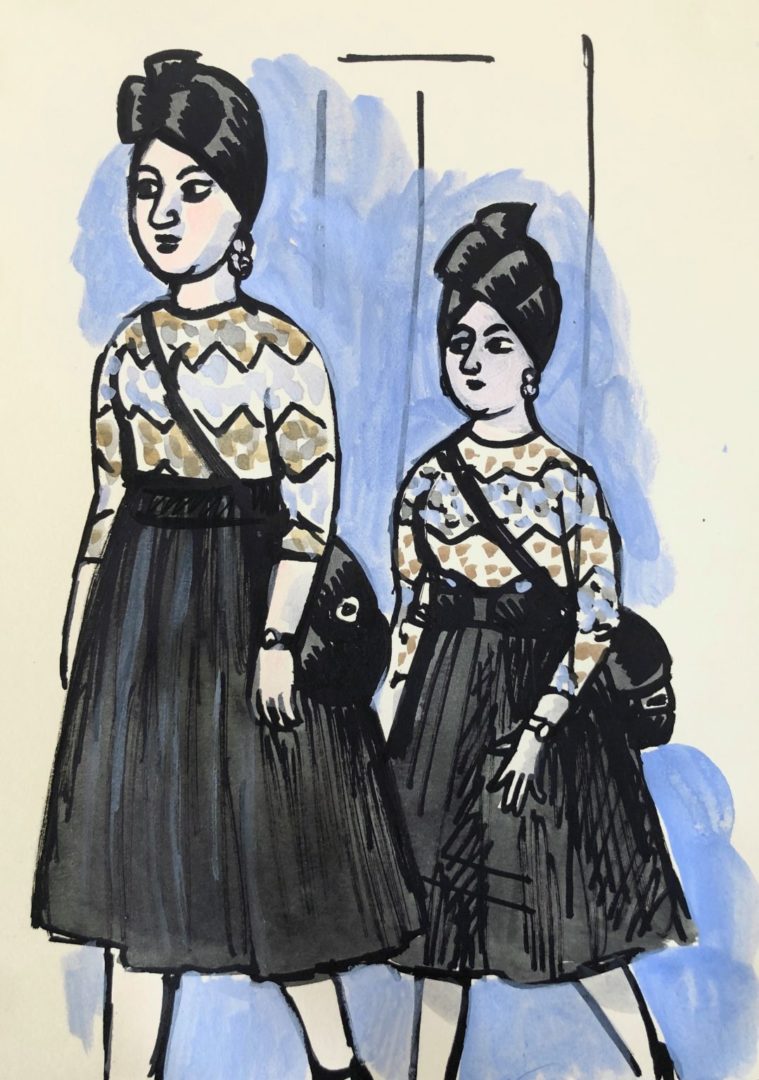
Jews have a singular relationship to head coverings. From kippot to Borsalinos, from wigs to head scarves, Jewish men and women—especially Orthodox Jews—seem to share the commitment not to go bare-headed. Their head coverings, however, do not share the same symbolic significance, nor the same social implications.
7 min. de lecture
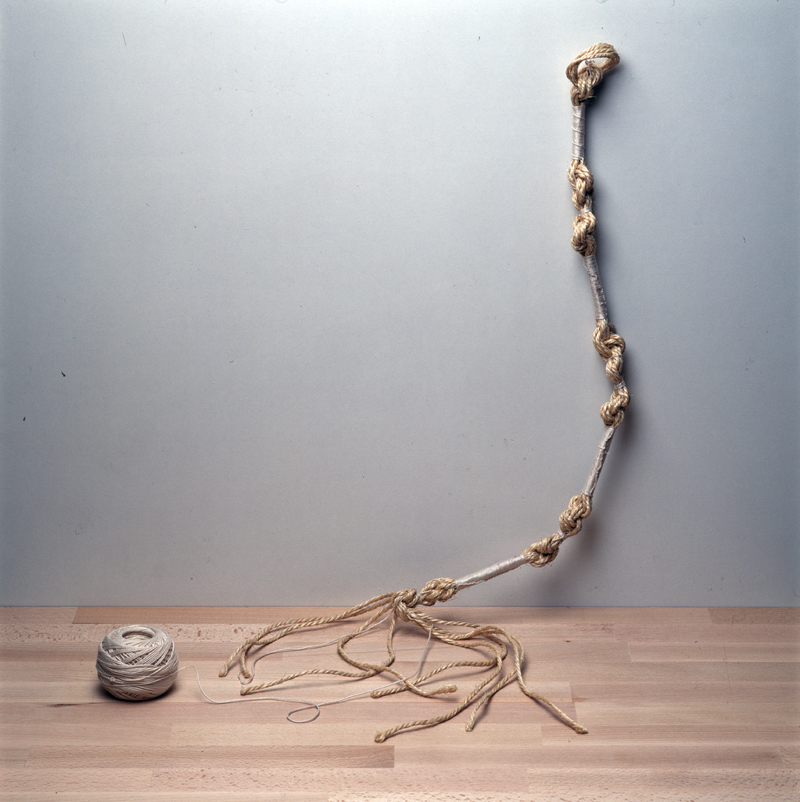
In the Jewish tradition, one recurring rite acts as leitmotif: the haircut.
4 min. de lecture
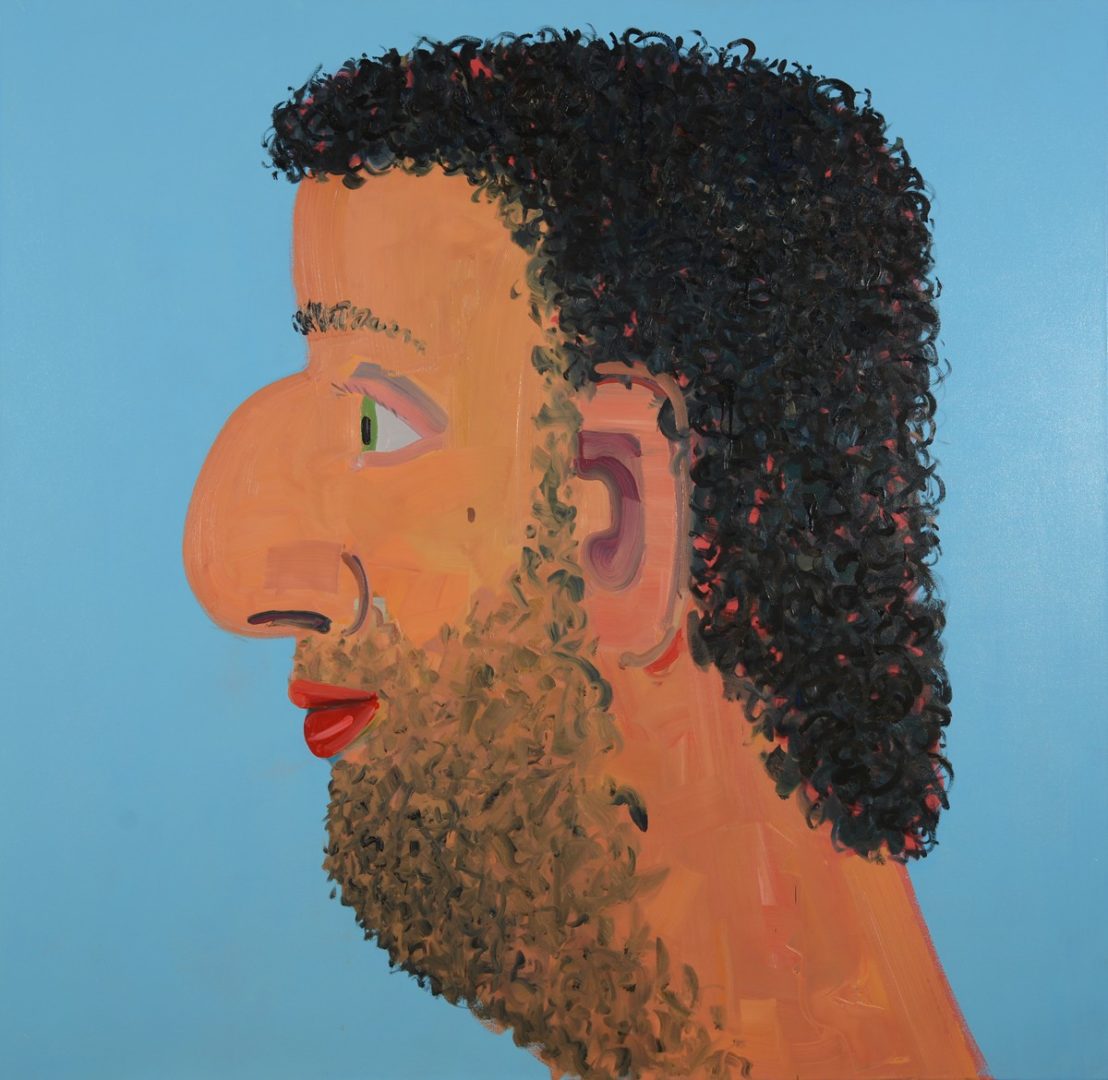
It seems that halacha does not approve of men who remove their body hair. Yet here we can observe the halacha’s astonishing ability to adapt across generations and customs.
5 min. de lecture
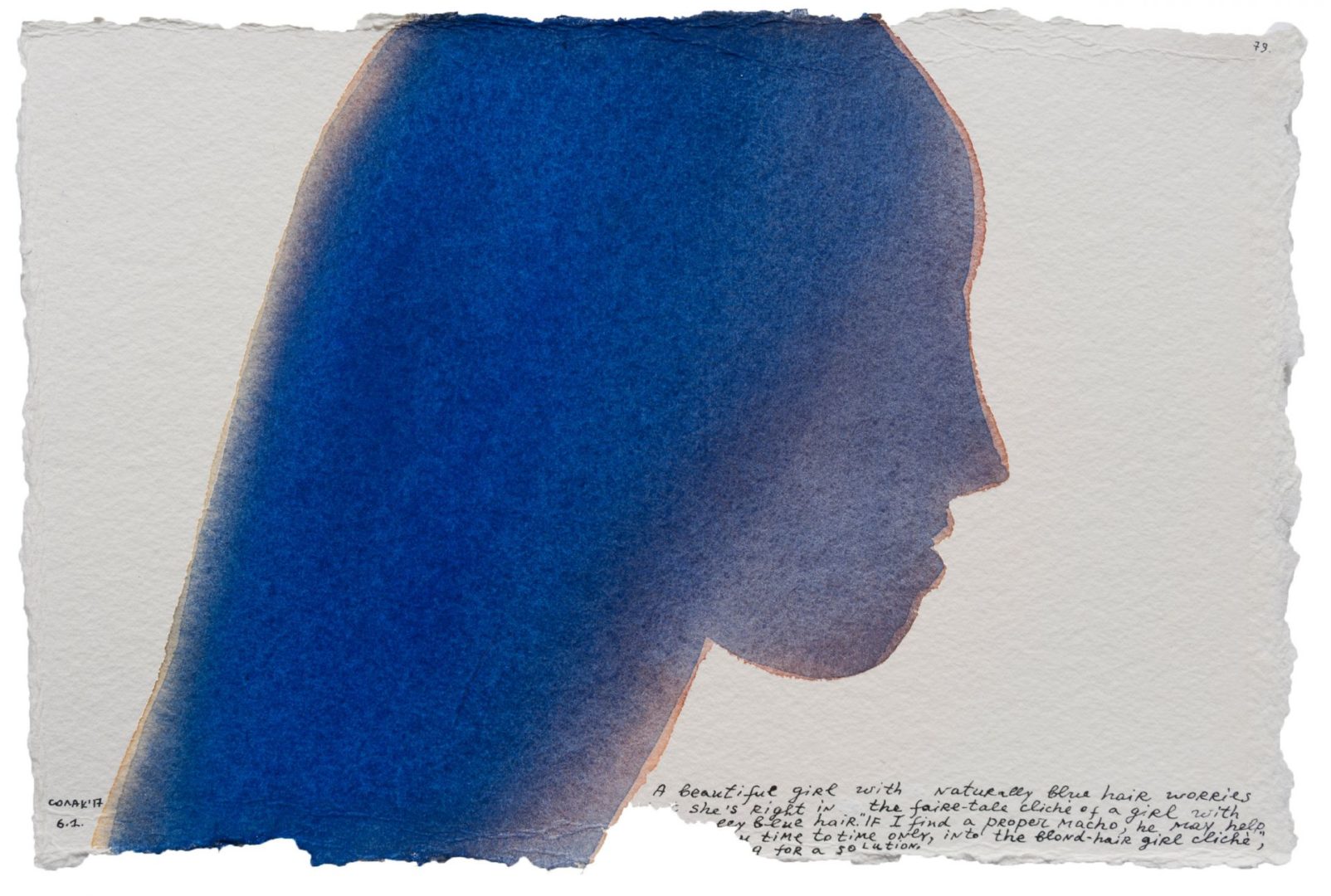
Sometimes costing several thousand dollars, wigs made from natural hair have angered some rabbis owing to how their raw material has been sourced:Hindu temples where the faithful are shaved in preparation for purification rituals.
4 min. de lecture

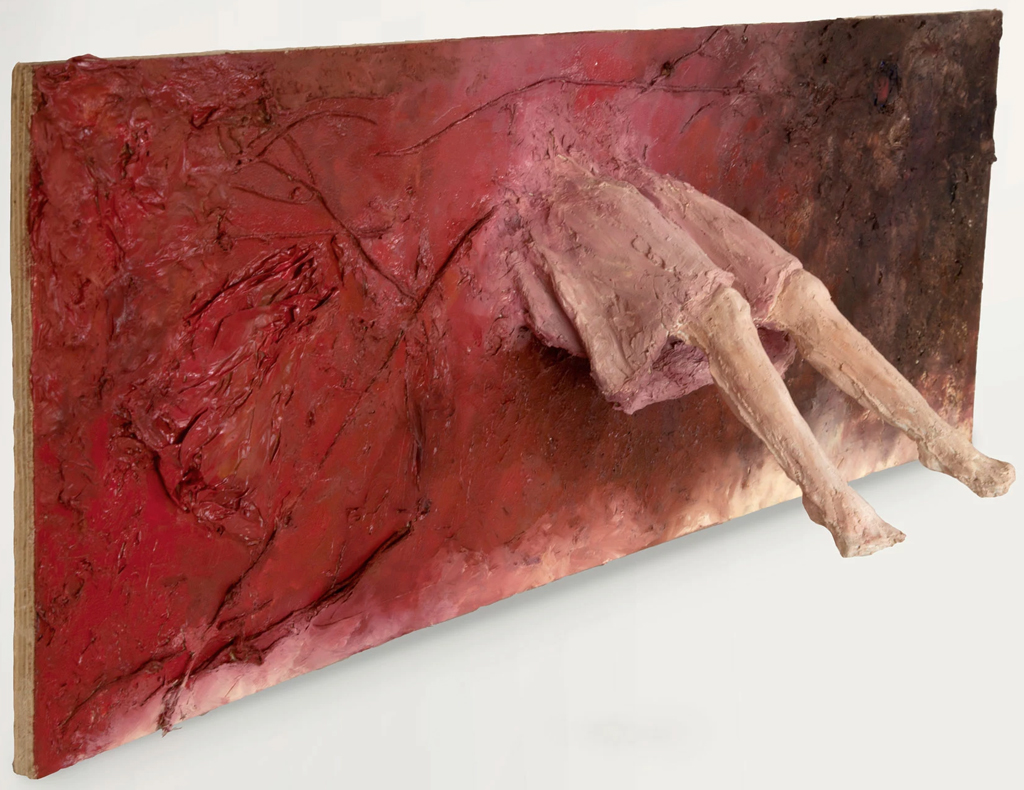
Submissiveness, archaism, patriarchy, Tzniut, one-upmanship: an overview of the issue by a woman who wears a wig.
7 min. de lecture
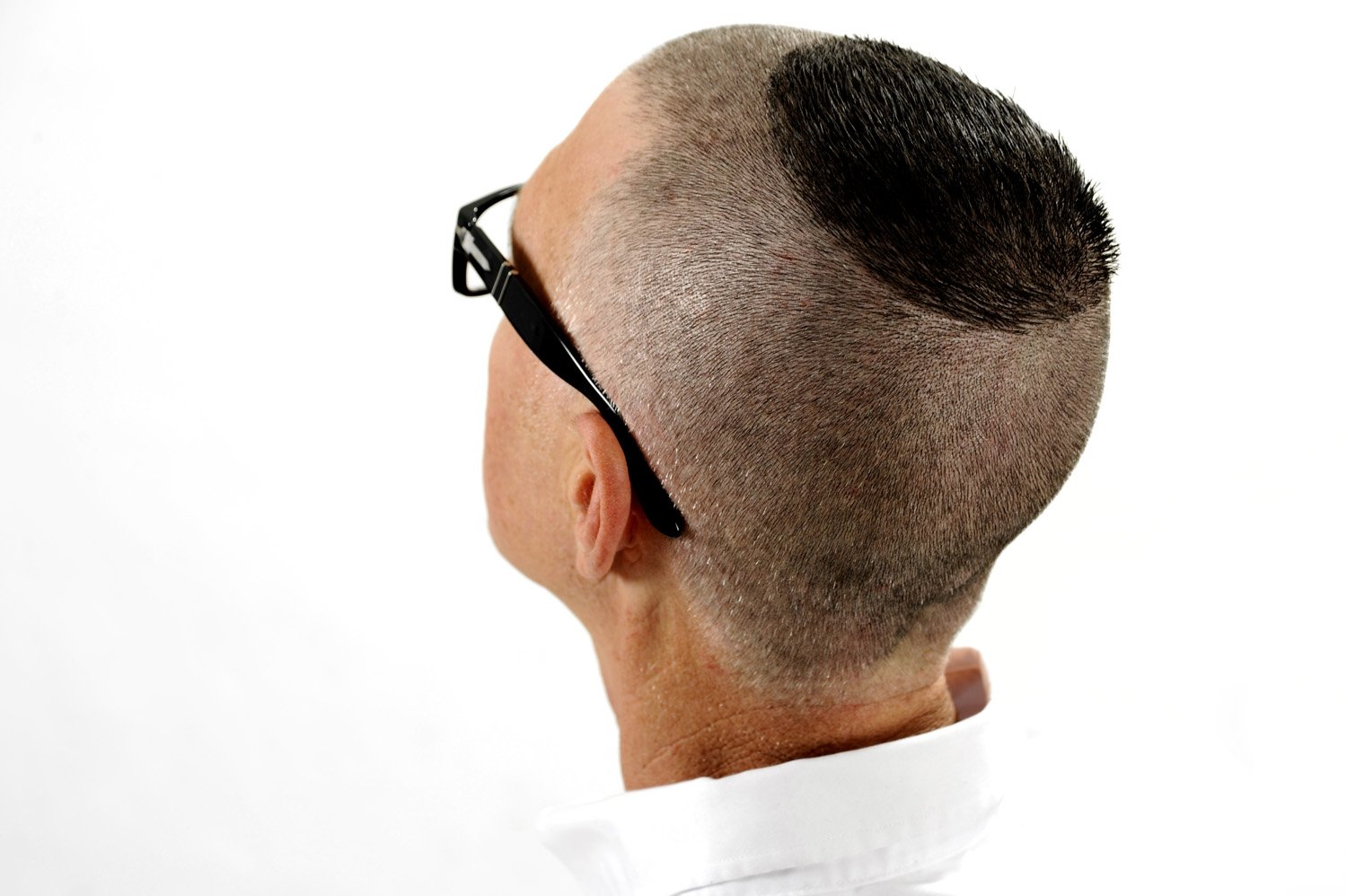
A Shabbat dinner in New York between two couples, one young, another not so young; talk turns to beards and body hair removal, stereotypes are shaken up, and two visions of the world collide.
7 min. de lecture
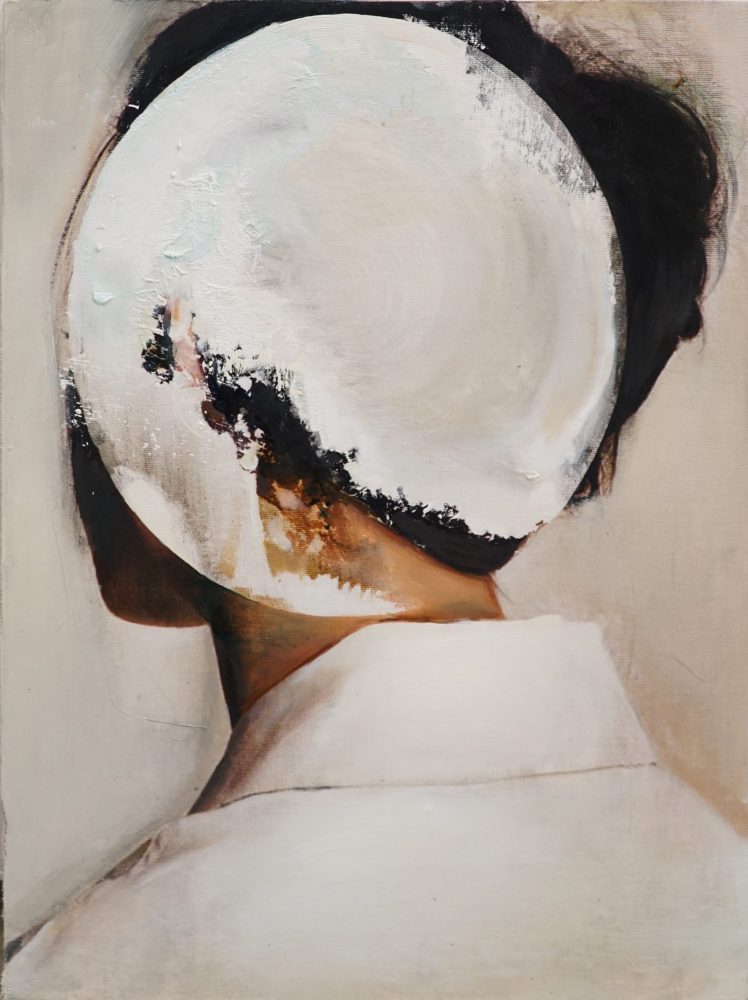
Re-examining the difference between the sexes through Lacan, we can envision a frontier beyond the binary—where, just maybe, the beard could be a symbol of the feminine.
4 min. de lecture
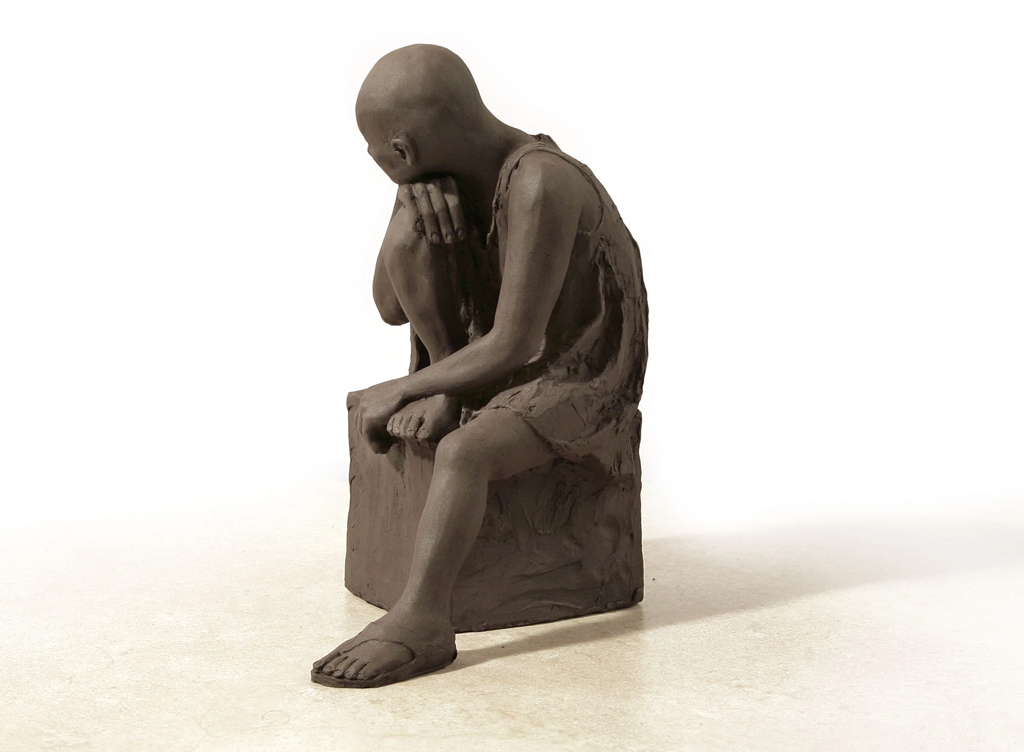
Tired of the harassment and discrimination the bald and Jewish suffer, Laurent Sagalovitsch decided to take action
3 min. de lecture

If our hair is unruly and disruptive, perhaps it is because it is more Jewish even than we are, and because it carries a memory.
3 min. de lecture
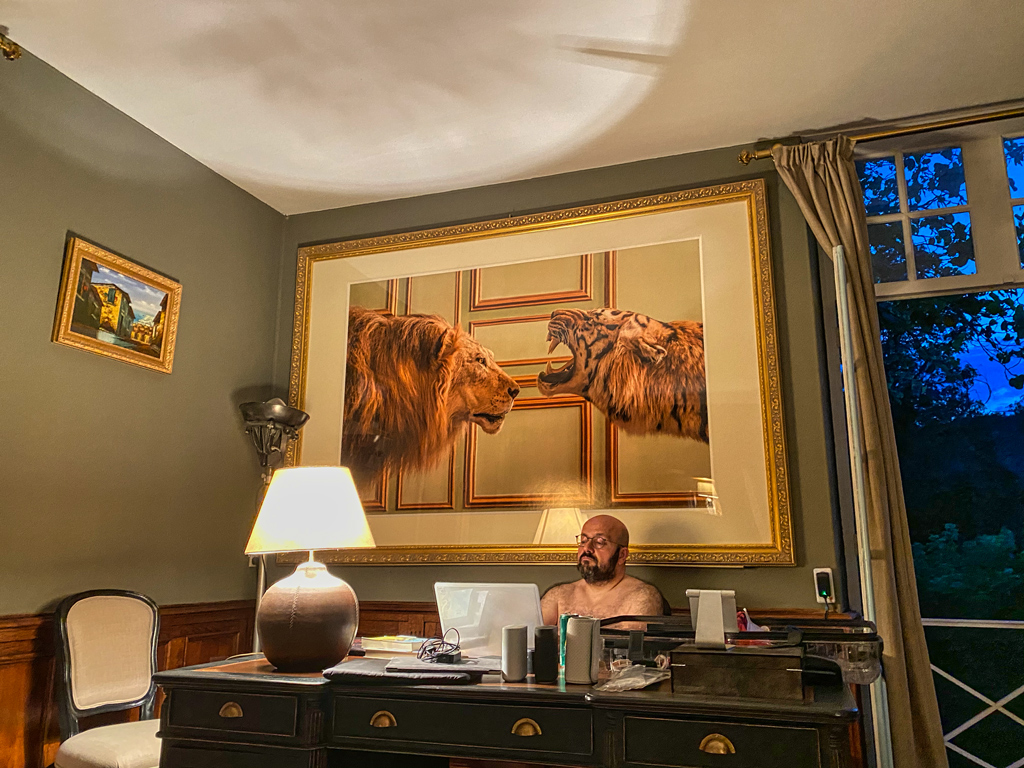
4 min. de lecture
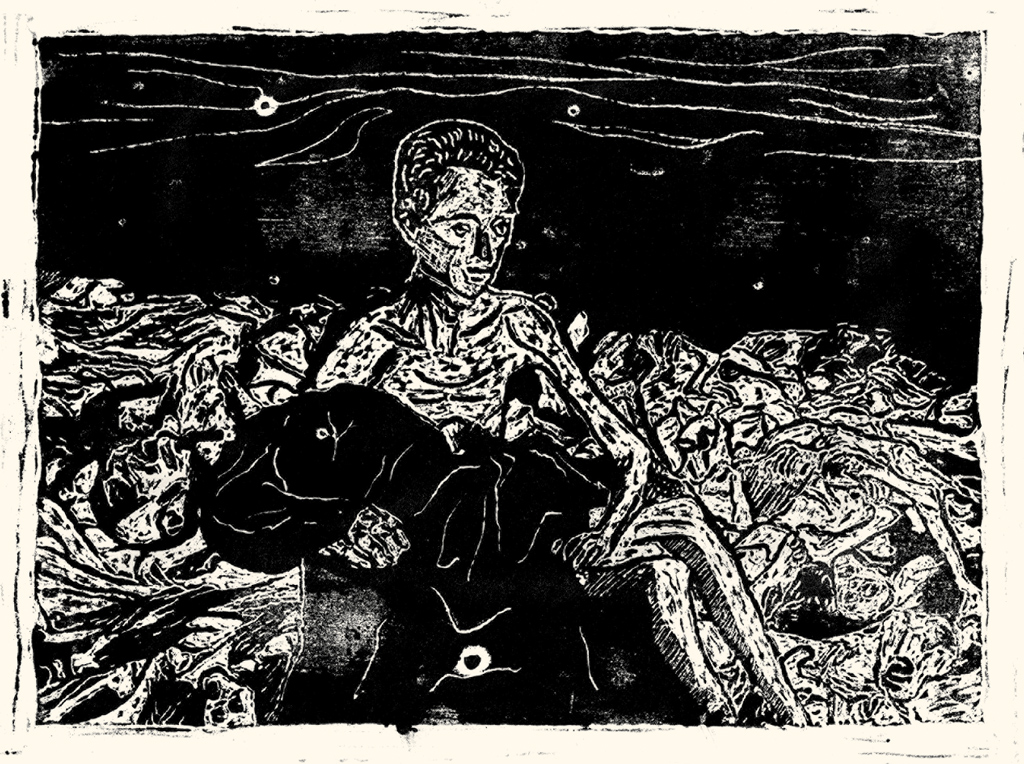
Deportees say they were systematically shaven as soon as they arrived in the death camps. These accounts of abuse were pervasive in the shocking testimonies of survivors.
4 min. de lecture
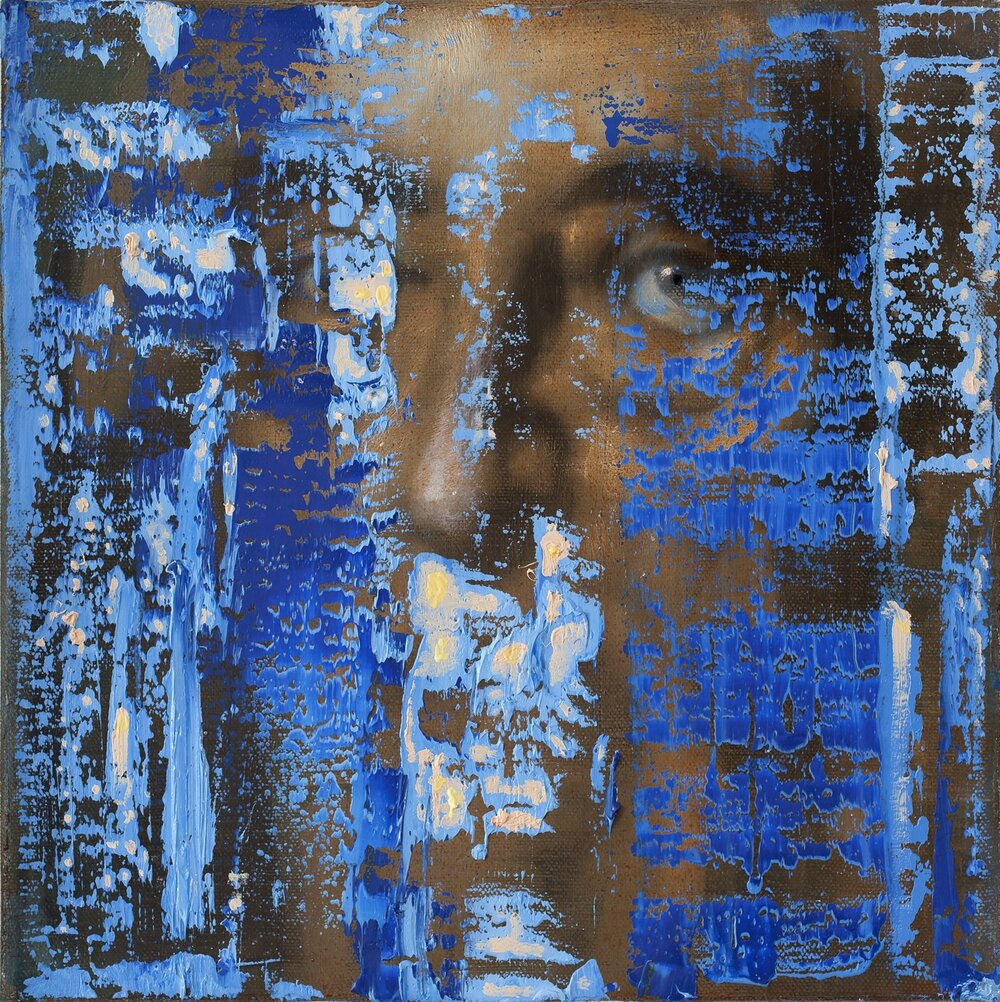
In 2012, Theseus departs the “City of the West” and embarks on a new life to escape memories of his family. He takes three boxes of archives, abandons everything else and, with his children, boards the last eastbound train of the night. He believes he is moving into the light, towards regeneration. But very quickly, his past catches up with him. Theseus perseveres. He clings to the present and resists the self-inquiry his body is demanding of him, one which threatens to throw wide the windows of the past.
From the back cover ofThésée, sa vie nouvelle (“Theseus’s new life”)by Camille de Toledo, published by Verdier in August 2020.
16 min. de lecture